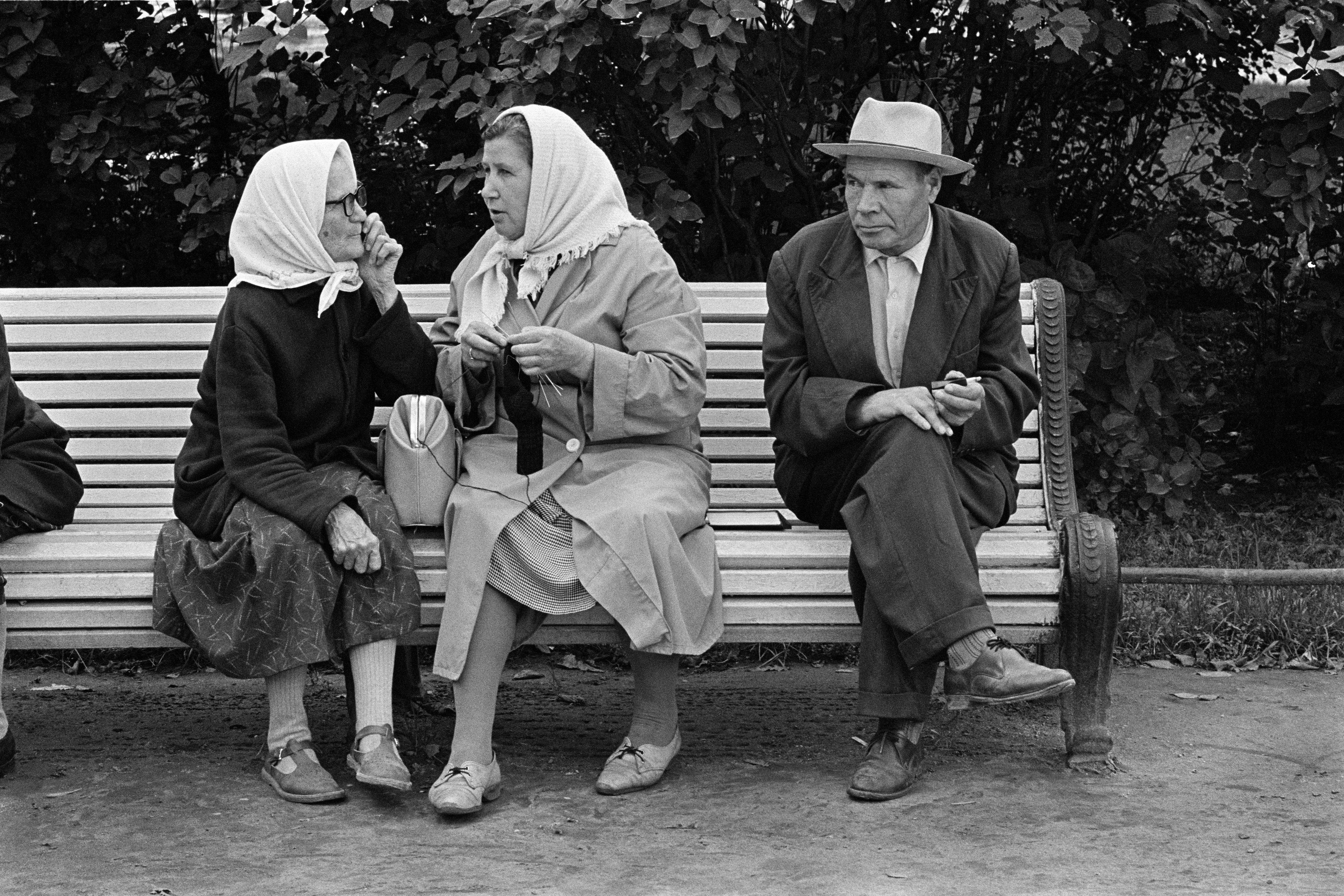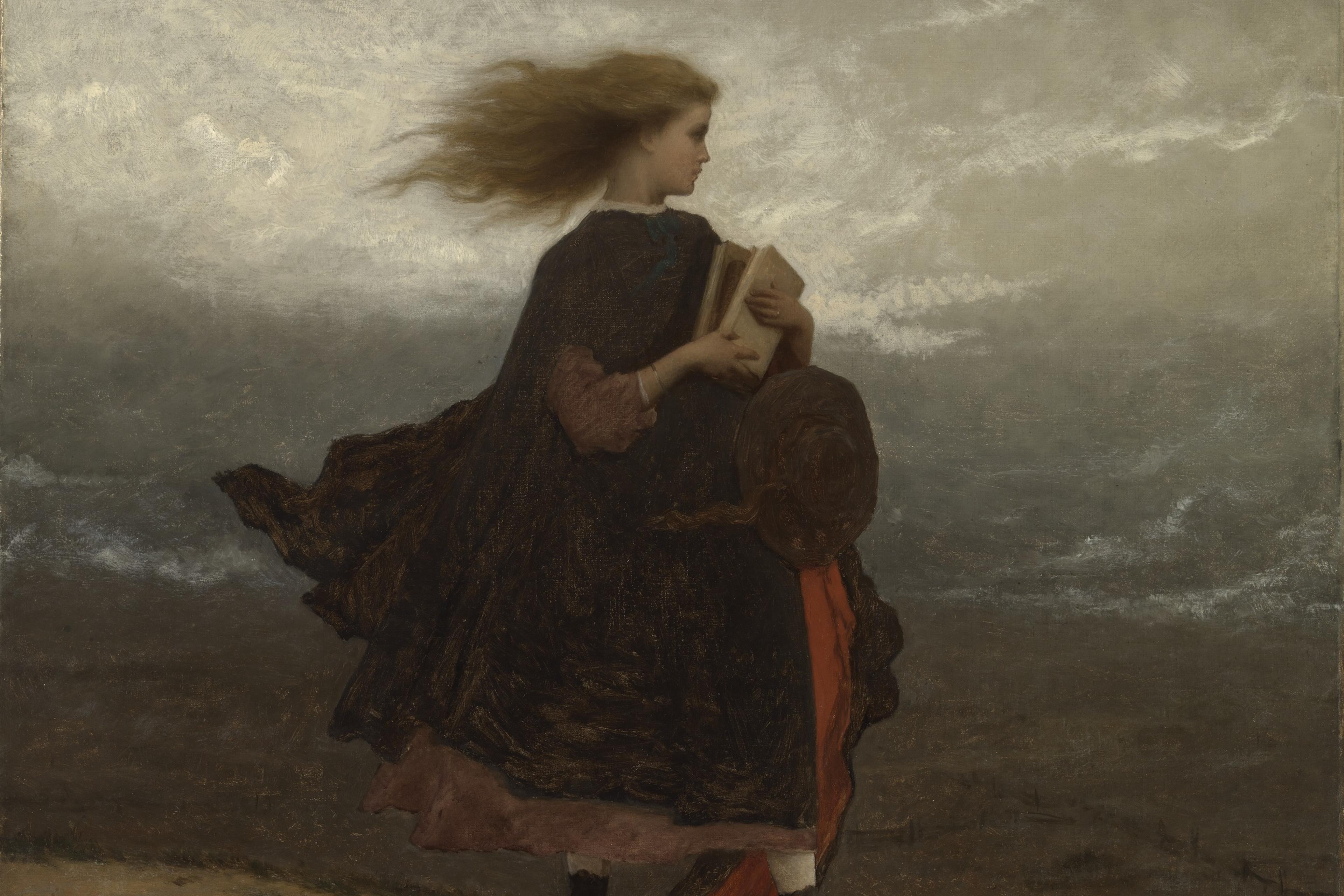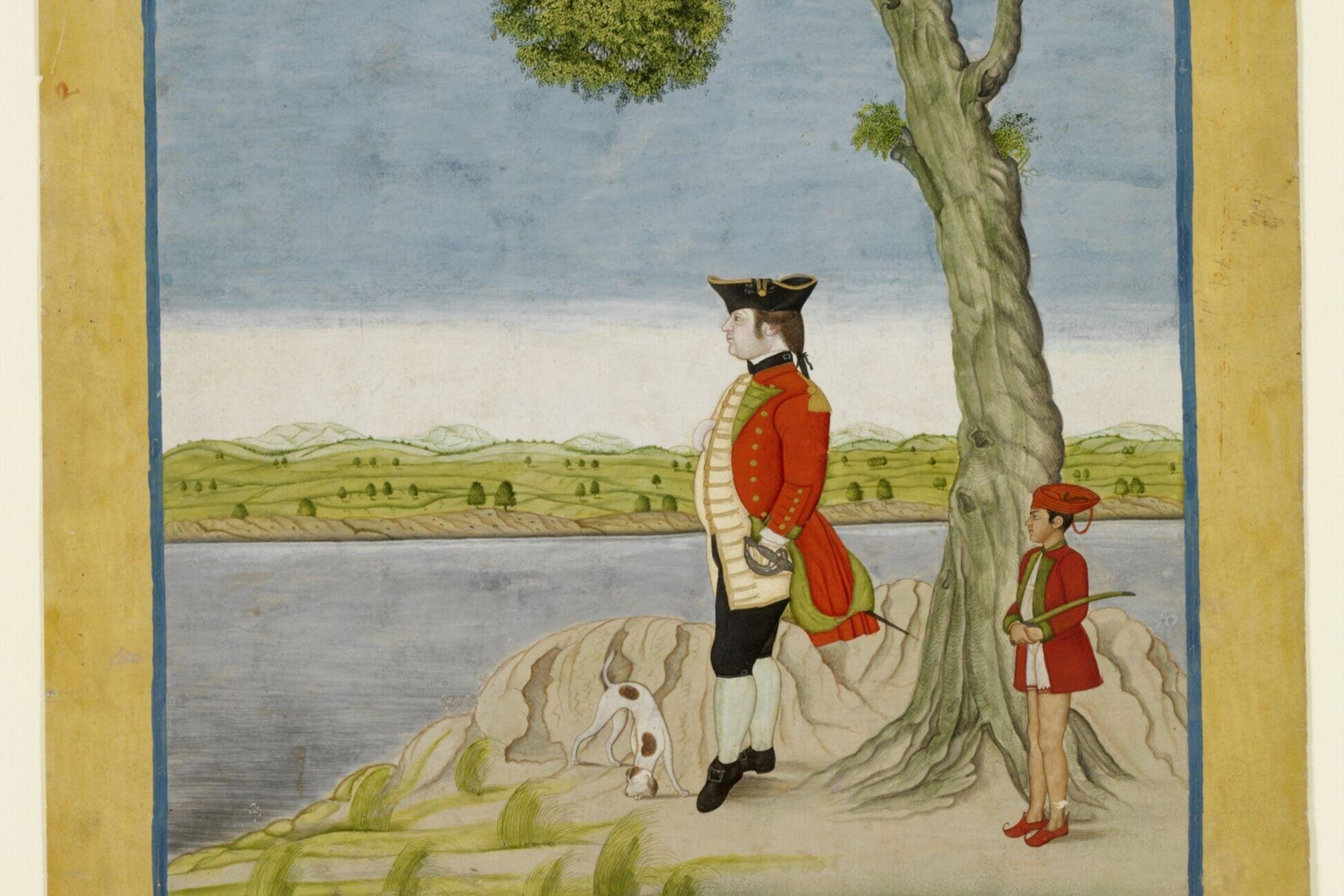Humour can be cruel, especially when it’s dark or mocking. In fact, a leading theory of humour, the benign violation theory, suggests that humour always involves a norm transgression. And many morally reprehensible people have a great sense of humour – Bill Cosby comes to mind – or think of the character Eleanor Shellstrop from the TV show The Good Place, who is shockingly selfish but hilarious to boot. Despite all this, it’s common to think that having a sense of humour actually makes someone a better person. If this is true, it should therefore be added to the pantheon of virtues. To explain why, consider this question: what is a good person?
Every moral theory offers an answer to this question, but one in particular centres the question of what a good person is (rather than what a right action is). This theory is virtue ethics. Virtue ethics works like this: moral goodness is an attribute of character. When you say something is morally good, you are saying, presupposing, implying or entailing that someone is morally good. When you say it is good to give money to homeless people, you are saying that the kind of person who gives money to the homeless is likely to be a good person. People can develop good traits just by doing the kind of stuff that good people would do. Think of it as moral practice, just like practising any other skill.
So when we ask ‘What is a good person?’ the answer from virtue ethics is: a person who possesses character traits that make them admirable or that contribute to flourishing (or both).
The idea that good people are made of good character traits goes back to ancient Greece. Aristotle argued that good character traits are always in the middle between two bad extremes. For example, courage is the golden mean between cowardice (fearing too much, or too many things) and foolhardiness (fearing too little, or too few things). Virtues enable us to aim at the golden mean across situations by helping us govern our emotions. Courage, for instance, will temper your fear when it is excessive, and boost it when it’s deficient. In this way, you will end up calmly confronting your boss about your meagre salary without resorting to threats or name-calling (no matter how richly they deserve it). Your coworkers – and perhaps even your boss – may admire your nerves of steel, and you might even get the raise, which would contribute to your flourishing.
Often, virtues govern more than one emotion. Just as courage might also boost or inhibit the feeling of pride as well as fear, so a good sense of humour regulates multiple emotions. Ever hate someone for a stupid reason? Such as whoever got that job instead of you, or your ex’s new partner. This kind of contempt is normal but it can be ruinous if you let it go too far. That’s why it’s good to joke about it. Exaggerate your jealousy. Talk about it like it’s ridiculous (because it is). This helps to chill excessive contempt. We admire people who are able to laugh at themselves, and this ability contributes to their flourishing by helping them let go.
In addition to guiding our aim at the golden mean, virtues also help us live a flourishing life. Flourishing is sometimes described as a kind of meaningful happiness, where a person lives authentically and is authentically valued by others. However, many philosophers have emphasised that a person can flourish even when suffering if they bear the suffering in an admirable and meaningful way. In our view, a sense of humour can help people to live well and flourish, even in dire conditions that are conducive to unhappiness.
Here’s an example: when in February the Russian flagship cruiser Moskva demanded that the Ukrainian defenders of Snake Island surrender, the Ukrainian border guard Roman Hrybov responded: ‘Russian warship, go fuck yourself.’ His defiance made him a cause célèbre both in Ukraine and internationally. The Ukrainian government issued an admiring commemorative stamp, the first edition of which quickly sold out, featuring a Ukrainian defender giving the middle finger to the Russian ship.
Two months later, Ukraine struck and sank the Moskva. Observers and sympathisers around the world responded with gleeful mockery, some joking that the cruiser had been promoted to a submarine. Ukraine’s defence minister Oleksii Reznikov suggested on Twitter that the wreck of the Moskva would soon become a ‘worthy diving site’ for scuba enthusiasts. To celebrate, Ukraine reissued the stamp, this time without the ship. Again, the first edition of these stamps quickly sold out.
Ukrainians are in a fight for their freedom and their lives, yet they’re going out of their way to cast humorous scorn on their invaders. The Moskva incident is not unique. In the early days of the invasion, a Ukrainian woman was filmed offering sunflower seeds to occupiers so that, when they died, flowers would grow from their corpses. That’s some pretty dark humour. Likewise, reporters have remarked, with admiration and even wonder, on the Ukrainian president Volodymyr Zelensky’s dark sense of humour in the face of the horrors of war.
Such phenomena illustrate humour’s surprising power. A fine-tuned sense of humour helps people to criticise by expressing and appreciating the emotion of contempt. The glee people felt at the humiliation of the Moskva and the stamp mocking it is a clear example. Dictators’ militaries become less frightening and intimidating when subjected to deserved mockery, especially when that mockery is grounded in successful resistance.
Most Russian partisans did not participate in this glee, which points to another way that a sense of humour can be virtuous. The people who laugh when you laugh – and who don’t laugh when you don’t laugh – are likely to share your values and worldview. A sense of humour is a great way to establish (and sever) social connections of trust. Laughter is hard to fake and hard to stifle. So if you find yourself snort-laughing at the same Moskva memes as another person, you can probably rely on them to take the same side as you on other geopolitical questions. At the same time, if you find yourself laughing when another is looking stern, that may indicate that your values and worldview diverge. In dark times, it is difficult to envision a worthwhile future when you don’t think you can trust others to do their part in collective action. A sense of humour helps engender warranted trust.
Beyond trust, the capacity to enjoy amusement during dark times helps people to cope. The first few months of the Russian invasion of Ukraine were horrific, and the situation will not brighten anytime soon. But as Zelensky said in an interview with The Atlantic magazine, dark humour in dark times can provide the positive affect people need to keep going: ‘I think that any normal person cannot survive without it,’ he said. ‘If you take it seriously, you might as well go and hang yourself.’ As the philosopher Philippa Foot has emphasised, virtues are traits we need in order to govern our emotional lives in the face of the challenges we inevitably face in life. When Hrybov told the Moskva to go fuck itself, he no doubt realised that he was about to be captured or killed. Levity in the face of tragedy can enable people to deal with circumstances that would otherwise lead to despair.
This point relates to the fourth function of a sense of humour, namely enabling capability by fostering warranted hope. In dark times, it’s hard to envision a future worth pursuing or fighting for. A dark sense of humour helps people to nurture the hope they need to envision a world in which their current suffering is something they can eventually laugh about. Hrybov was not in a position to sink the Moskva. But his act of defiance gave hope to his nation that resisting Russian aggression was possible and worthwhile. The sinking of the Moskva and the reissued, trolling stamp demonstrate that Hrybov’s dark humour served a purpose: it contributed not only to his own flourishing but also to the flourishing of his compatriots, who took hope from his defiance.
A sense of humour is virtuous because it helps people govern and express the emotions of contempt, trust, amusement and hope. And these emotions answer to the universal flourishing-related needs of criticism, connection, coping and capability. All in all, a sense of humour is a virtue – and hence makes you a better person. In particular, it is an executive virtue like courage (and patience and self-control) because, through its regulation of emotion, it helps people to more effectively exercise both individual and collective agency. This does make humour a bit dangerous, like the other executive virtues. A courageous foe is more formidable than a cowardly one. Just so, a foe who wields humour to evil ends is more formidable than a humourless foe. But, just as we would not wish to live in a world full of feckless cowards, so we should not wish to live in a world full of humourless dullards or obnoxious buffoons. Better to foster potentially dangerous executive virtues like courage and a sense of humour than to try to extinguish their fire and light – even if that comes at the risk of being burnt.








